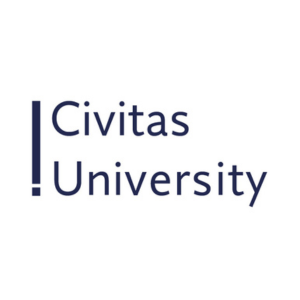
20 August 2025
Civitas University Signs Erasmus+ Agreement with Lagos State University
Civitas University has signed a new Inter-Institutional Agreement (IIA) with Lagos State University (LASU) in Nigeria, creating new opportunities for student and staff mobility and further strengthening our academic cooperation under the Erasmus+ programme.













